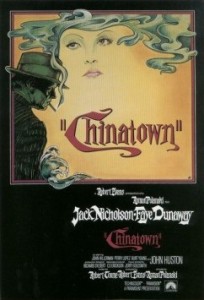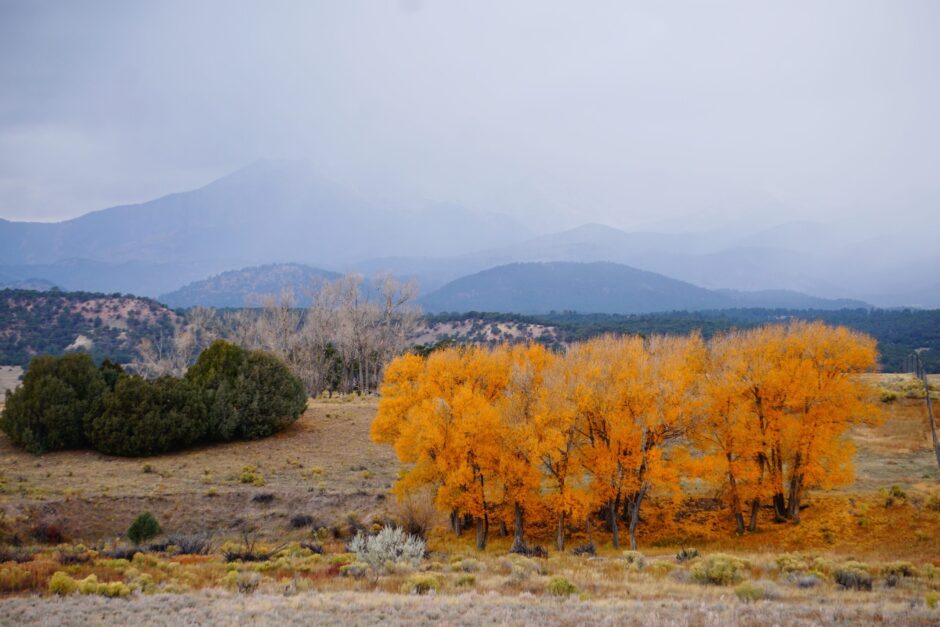So I have a confession to make: I have a drinking problem. But no, it’s not that kind, the James Frey kind (greatly exaggerated, we later learned), the sadsack rehab kind. Like the weepy drunk on the barstool next to you, ranting about his ex-wife, Dora, and how she never appreciated how he took the dog for a walk every night, how he played Scrabble with her brother, who owed him two thousand dollars and did he ever see a penny of that? No. Never! And you know what? He hates Scrabble! And now she has the gall to take out a PFA (Protection From Abuse) on him? She probably doesn’t even know the what the word gall means!
No, I’m not that kind. My drinking problem is the opposite: I don’t drink enough. On my recent travels I had several social occasions in which I was repeatedly offered an alcoholic beverage (“You want a gin-and-tonic?”), and politely declined. No big deal, right? I mean, it’s not like I don’t drink at all. I do. Just not a lot. I guess I’m what you’d call a Light to Moderate Drinker—in the vernacular, a Wimp, Candyass, GirlyMan. Because it seems most all of my good friends drink with great gusto. And great volumes! What’s a couple bottles of wine between friends? Just getting warmed up, as far as I can tell. And the second, third, or fourth time I refuse another drink at one of these social occasions, the eyes narrow at me, and I can see the thoughts behind them: “What? You think you’re better than me? You think I drink too much? Is that it?”
Actually, for health reasons, I drink a lot of water. Which, according to the new book I’m reading right now, Alex Prudhomme’s The Ripple Effect (2011), is in great jeopardy. For the seemingly tame subject of water usage, The Ripple Effect has a great beginning, focusing on the death of a New Jersey water engineer at a midsize water treatment plant. The woman somehow fell into one of the tanks (or was pushed), and was then unable to get out of the tank of (cold) water, and died, then her body was not discovered until almost two days later. Prudhomme uses this dramatic death as entry into the subject, which he sees as an achilles’ heel of the 21st century, or to quote from his material:
“Fresh water will be the defining resource of the 21st Century. Experts call it “the next oil,” and predict water will be the focus of increased tension and great innovation in coming decades. In response, I set out in 2007 to discover how people across the U.S. and around the world are using and abusing water today – and how they are preparing for what the UN has deemed “the looming water crisis.”
So far I’m enjoying the book. I’m now at my Colorado home, and water issues are front-and-center in the West. Today CNN had a story about the water wars being fought in Tombstone, Arizona (“The Town Too Tough to Die”), here. Here in Colorado, which this winter had a horrible snow drought (caused most likely by a La Nina weather event), we always seem to be waiting for rain. When we get it, we’re happy. When we don’t, we watch the skies for smoke, for wildfires. Here’s to hoping for a wet summer. Me, I’m feeling like Jack Nicholson all over again, trying to solve that water-usage mystery in Chinatown (1974).

